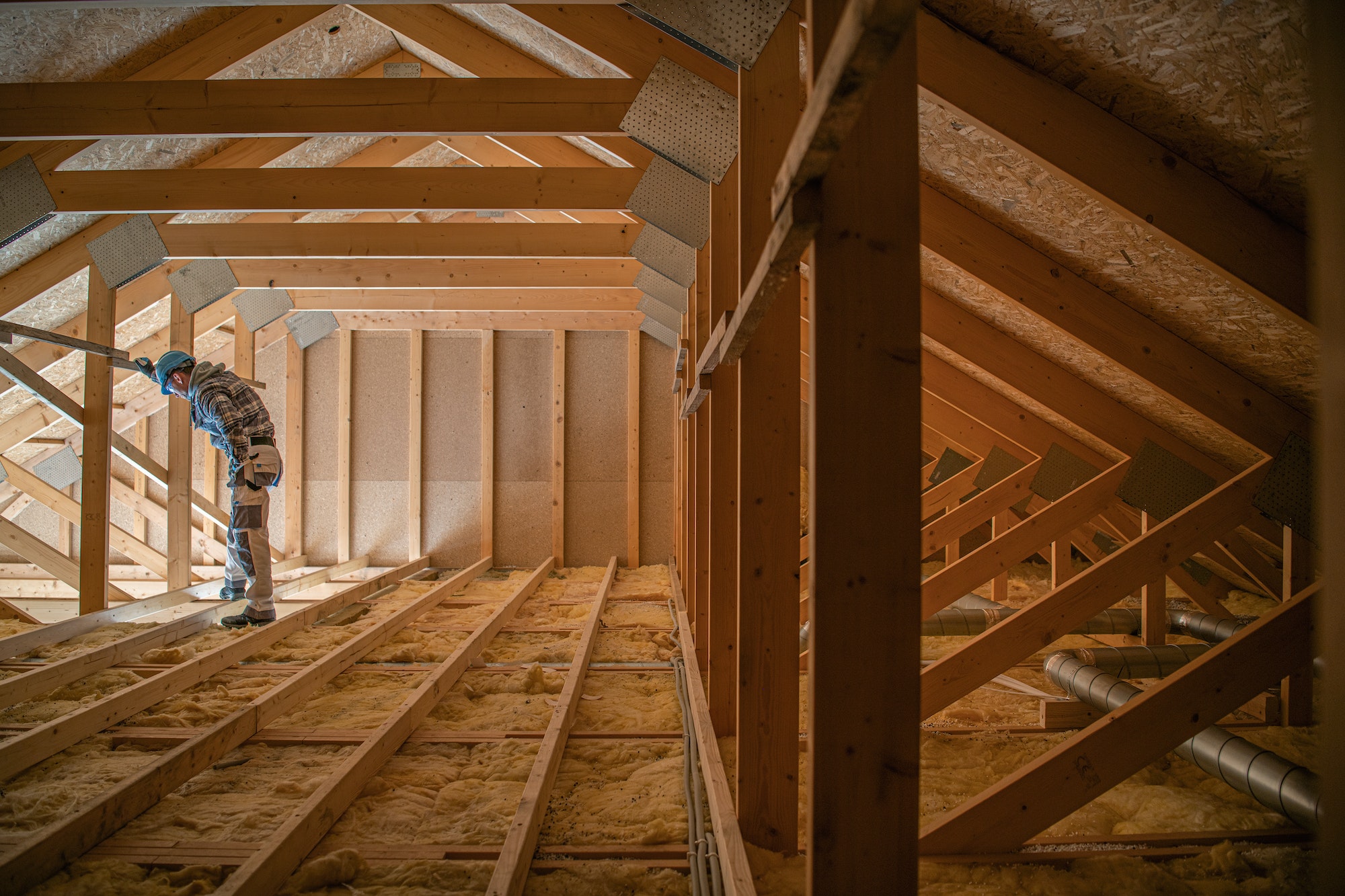Do you ever find yourself struggling to keep your home comfortable all year round? Maybe you just can’t seem to get the humidity right, no matter what you do.
If this is the case, a smart thermostat with humidity control may just be what you need! Not only can it save you money on your energy bills, but it can also help improve your comfort and keep your home environment healthy.
What Are Ideal Humidity Levels?
The relative humidity is a measure of how much water vapor is in the air compared to how much water vapor the air can hold at a particular temperature. The warmer the air, the more water it can hold. In general, summertime humidity levels will be higher than wintertime humidity levels.
Most experts recommend keeping indoor humidity levels between 40-50% in summer, while the ideal levels are between 30-50% for winter.
What Is a Smart Thermostat With Humidity Control?
A smart thermostat is a device used to control your home climate. It typically connects to your home’s Wi-Fi network and allows you to adjust your HVAC settings using your phone.
Smart thermostats that offer humidity control have built-in sensors that can detect indoor humidity levels. They automatically sense high moisture in the air and signal your air conditioner to remove the extra humidity.
Benefits of Using a Smart Thermostat With Humidity Control
Here are the top 5 benefits that’ll convince you to go for a smart thermostat that also offers humidity control:
1. Better Monitoring & Adjustments
Beyond temperature management, most smart thermostats can sense indoor humidity and help to maintain the ideal levels.
You can check your home humidity status on the thermostat display or use your phone to adjust the levels even when you are away. Whether you are at work or on vacation, you can see the status at any time and make adjustments accordingly.
Smart thermostats trigger alerts and send notifications in case of high or low humidity levels. This helps you to make timely changes and protect your home.
2. Low Energy Bills
Smart thermostats with humidity control can also help reduce the energy costs in your home. When the air is too moist, it can cause your air conditioner to work harder than necessary. This means that you will be using more energy and consequently paying more on your energy bills. The smart thermostat can help to bring the air moisture to optimal levels, which can help you save money in the long run.
3. Reduced Illness
Low humidity levels can cause itchy, dry skin and eyes. It can irritate your nasal passages and have a drying effect on the mucus lining of the airways. This lining acts as a first defense mechanism against viruses and bacteria. Drying of the airways impairs their ability to protect against foreign invaders.
Similarly, high humidity levels are also dangerous for your health. Increased humidity combined with heat in summer can contribute to fatigue, muscle cramps, and dehydration. In extreme cases, it can also lead to heat stroke as your body fails to cool down.
So, moisture regulation in your home will help protect you and your kids from unwanted health issues.
4. Better Indoor Air Quality
Excessive humidity results in an environment conducive to the growth and spread of mold, mildew, and other allergens that affect indoor air quality.
A smart thermostat with humidity control can improve your air quality by maintaining ideal humidity levels and reducing the growth of allergens.
5. Increased Comfort
Indoor humidity, though often neglected, is an important source for maintaining a perfect climate. Being able to maintain the ideal humidity levels is key for a healthy home environment. Humidity levels can significantly impact how comfortable you feel inside your home.
If the air is too dry, it can cause problems like static electricity, dry skin, and respiratory infections. Preexisting allergy issues are also triggered in this case. On the other hand, high humidity in summer makes the temperature feel higher than it actually is and contributes to a hot and sticky feeling. Plus, if the air is too moist, it can damage wood furniture and floors resulting in a musty odor in your house.
This is where the smart thermostat with humidity control plays a big role. Regularly monitoring your home’s humidity levels and making adjustments as needed can help ensure that your home is always comfortable.
In Conclusion
Smart thermostats are becoming increasingly popular. Not only do they save homeowners money on their energy bills, but many of them also come with humidity control features that help to regulate indoor humidity. Plus, they allow you to remotely check your home humidity at any time using your phone and making adjustments on the go, which is super convenient.
Discover more from Futurist Architecture
Subscribe to get the latest posts sent to your email.





Not all HVAC systems are compatible with smart thermostats, and some require additional accessories to connect to the smart thermostat, which can add more cost